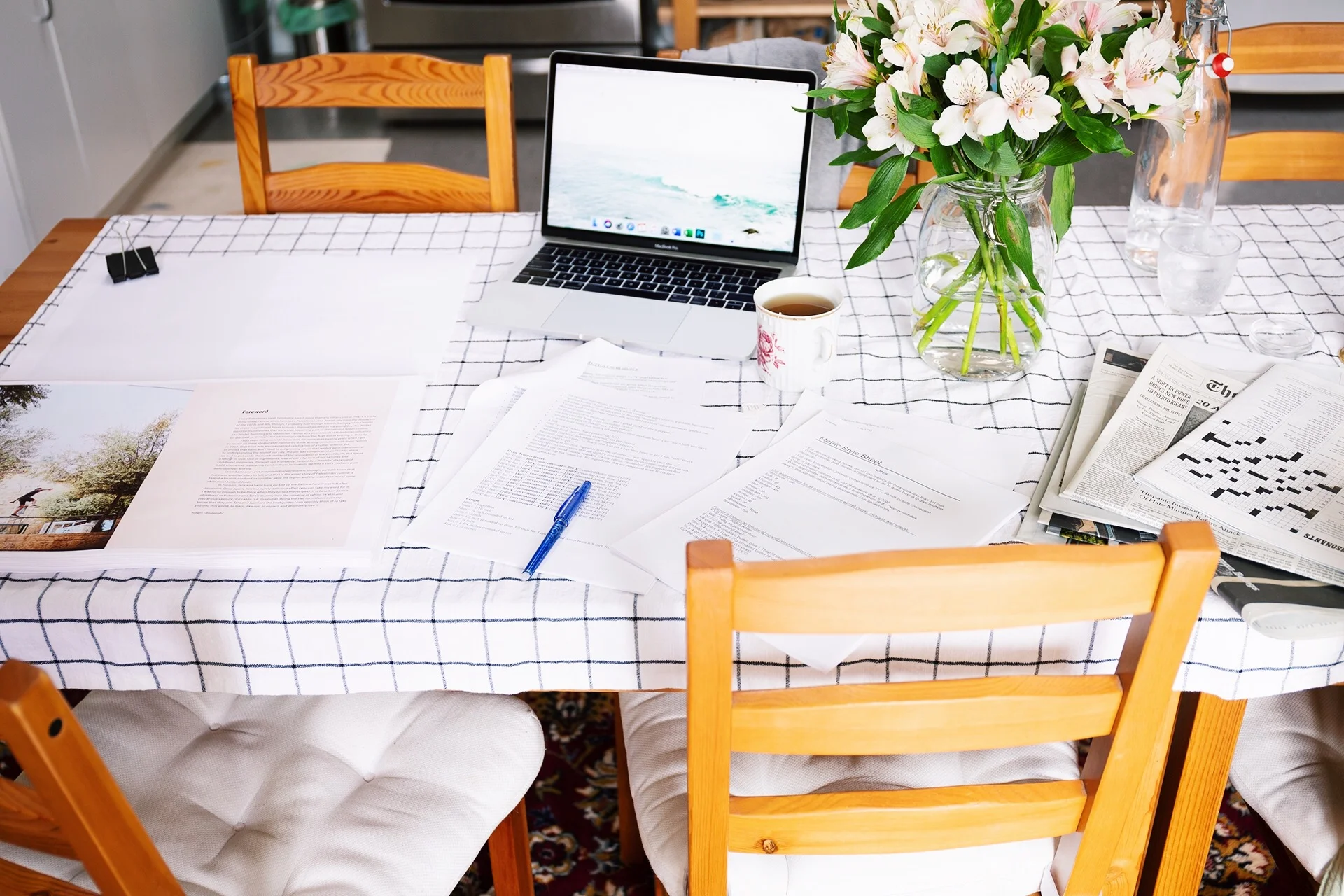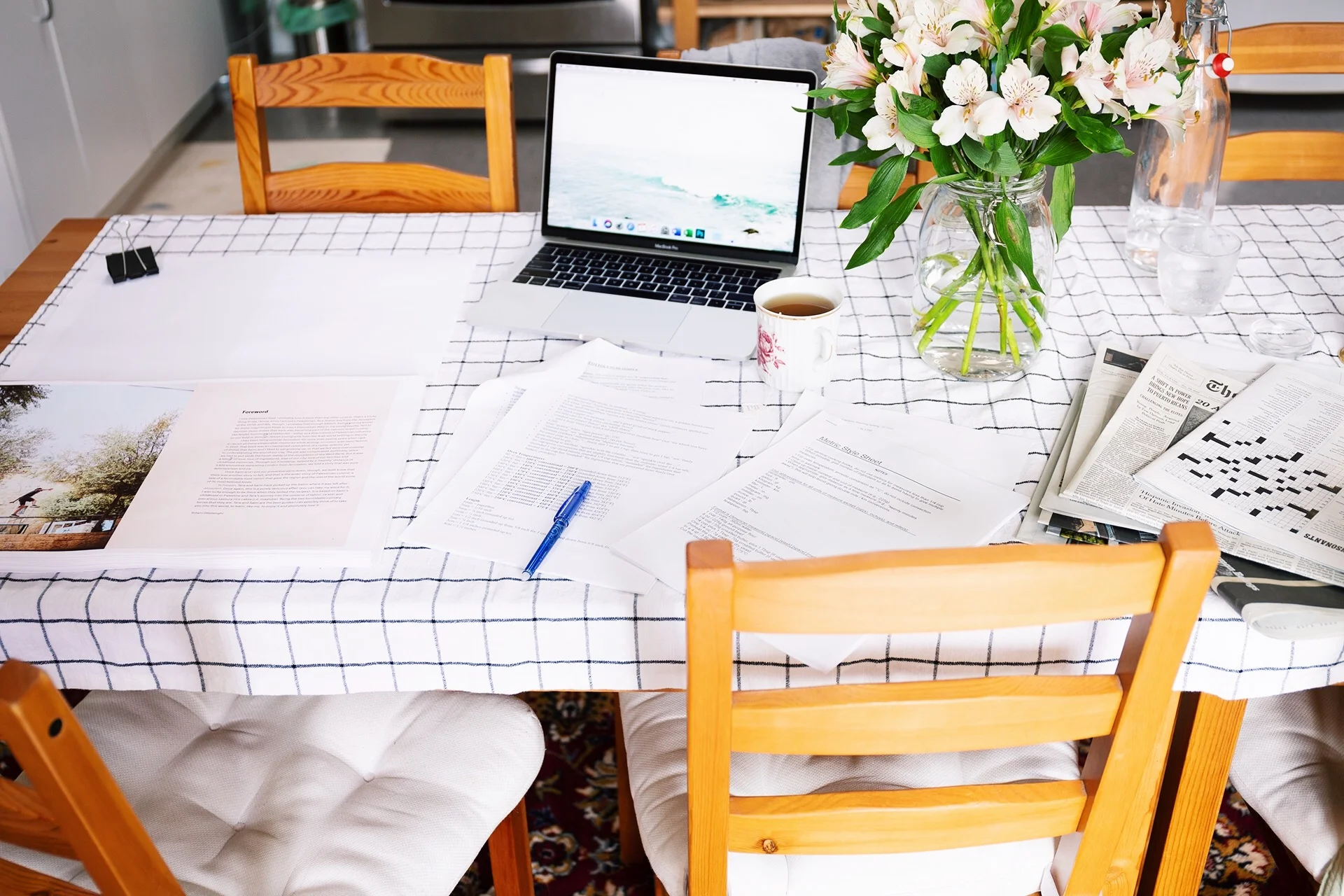Americanization 101
When I’m not creating my own recipes, I collaborate with other authors on their cookbooks. For some projects I am co-authoring, and other times I am editing or testing recipes. One of my specialties is Americanizing. You’re probably wondering what ‘Americanizing’ means. It’s a funny word, I’ll admit, but it’s an important job. Most often I Americanize cookbooks written by British chefs. When a publishing house in the US buys the rights to a foreign book, the text needs to be revised for American audiences by an expert in the field—that’s where I come in. I convert ingredient measurements from metric (grams, milliliters, centimeters) to imperial (pounds, cups, and inches). I change unfamiliar British words and phrases (like courgette) to familiar equivalents (zucchini). I edit the text for subtle differences in grammar and style. For example, the British tend to omit the series comma, but it’s standard in American cookbooks because of the clarity it brings to recipes. I cross out a lot of u’s: favourite, flavour, colour. And I invert many re’s such as in centre and fibre. I have learned (the British would say ‘learnt’) all kinds of new words. Do you know what they call snow peas? Mangetout! Occasionally, a recipe will call for an ingredient or a particular size of pan that is unavailable in the United States. My job is to figure out a substitute that we do have, and then I test the recipe to make sure it works properly. Americanizing often feels like solving a giant crossword puzzle—daunting at first but so rewarding when you finish it.



